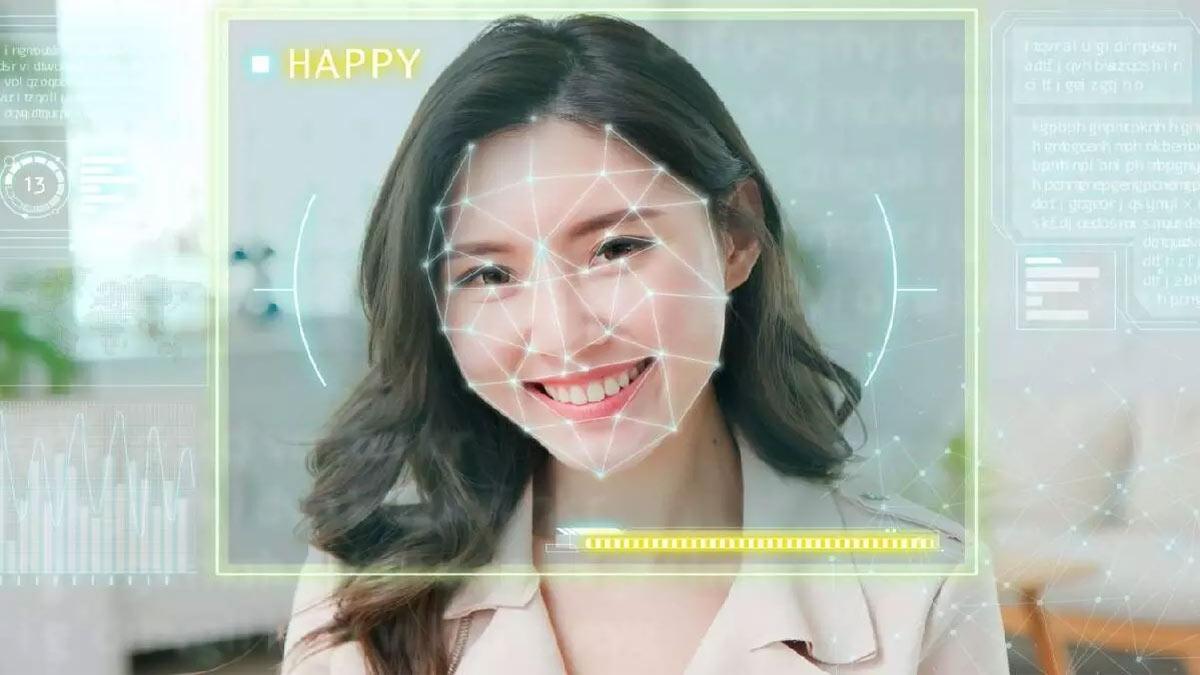Cutting-edge research suggests that artificial intelligence (AI) systems possess the capability to accurately identify the emotional states of patients, rivaling the precision of psychotherapists. The human face serves as a mirror reflecting emotional states, a phenomenon extensively utilized in psychotherapeutic practices. Analyzing facial expressions, integral to psychotherapy and research, provides valuable insights into an individual's current emotional condition.
Despite the effectiveness of facial expression interpretation, the conventional method of manually analyzing recorded expressions proves to be exceedingly time-consuming. This has led psychiatry specialists to resort to less reliable, indirect methods such as skin conductance measurements, which serve as an indicator of emotional arousal.
A groundbreaking study conducted at the University of Basel in Switzerland reveals the potential of AI as a transformative tool in therapy and research. The researchers propose the use of AI systems for efficient analysis of existing video recordings in research studies, facilitating the identification of emotionally significant moments during conversations. Furthermore, the integration of AI could enhance the supervision of psychotherapists, offering a technological ally in the field.
To evaluate the reliability of AI systems in discerning emotional states from video recordings, the researchers employed artificial neural networks trained on more than 30,000 facial photos, focusing on detecting six basic emotions – happiness, surprise, anger, disgust, sadness, and fear. The AI system demonstrated its prowess by analyzing video data from therapy sessions involving 23 patients with borderline personality pathology. Processing over 950 hours of video recordings, the high-performance computer exhibited remarkable accuracy in assessing facial expressions, comparable to human therapists.
The results were not only astonishing but also promising. Statistical comparisons between the AI system and three trained therapists showcased a significant level of agreement. What sets the AI system apart is its ability to detect even the most fleeting emotions within the millisecond range, such as a brief smile or a momentary expression of disgust. These micro-expressions, often overlooked or perceived subconsciously by therapists, highlight the AI system's heightened sensitivity in capturing nuanced emotional nuances.
Dr. Martin Steppan, a psychologist at the University's Faculty of Psychology, expressed surprise at the study's findings, emphasizing the AI system's remarkable reliability in associating facial expressions with emotional states. However, he underscored that despite these advancements, therapeutic work remains fundamentally centered on human relationships, asserting that the human touch remains irreplaceable in the field, at least for the foreseeable future.
(With Agency Inputs)
Read also| ChatGPT Captures 60% of AI Industry's 24 Billion Traffic: Report
Read also| Google Agrees to $700 Million Settlement in Play Store Dispute


















